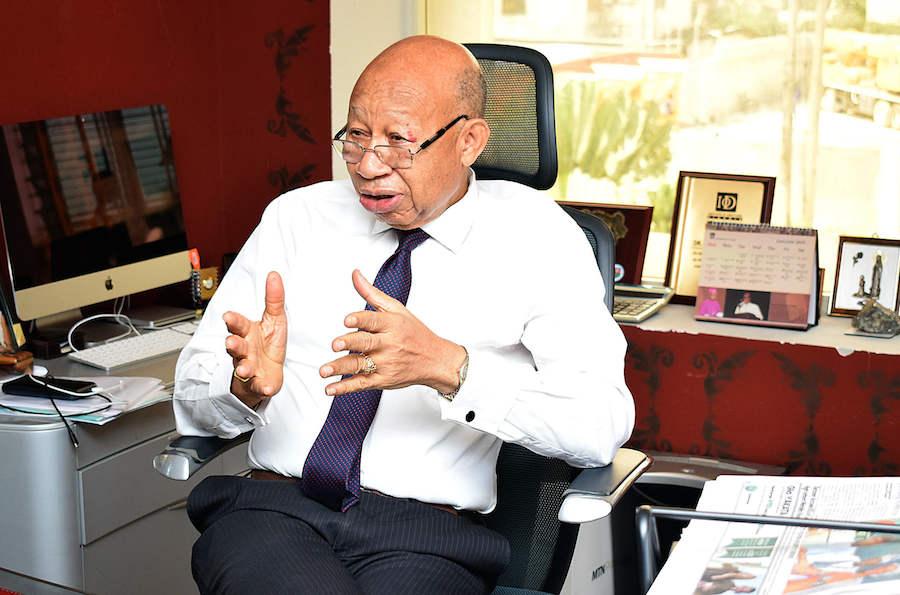The simultaneous absence of a country’s president and vice president from national territory is risky, argues KABIR ADAMU
In the theatre of statecraft, symbolism and prudence often carry as much weight as written law. One such matter of high symbolic and practical consequence—yet often overlooked—is the simultaneous absence of a country’s President and Vice President from national territory. While few constitutions outright prohibit this occurrence, political wisdom and national security imperatives argue strongly against it.
At a time when global volatility, transnational threats, and domestic uncertainties are constant companions, the need for leadership continuity has never been more critical. When both the President and Vice President—or their equivalents—are out of the country at the same time, it sends a troubling signal: that the cockpit of the state is temporarily unmanned.
The most immediate concern is the risk of a leadership vacuum in the event of an emergency. Natural disasters, civil unrest, military crises, or even economic shocks do not wait for leaders to return from international engagements. If both the President and Vice President are abroad—especially without formally transferring power to another official—critical decision-making can be delayed or mired in constitutional ambiguity.
In countries where the line of succession is unclear or politically contested, this scenario could spiral into a crisis of legitimacy. Even where succession plans are well established, the optics of absentee leadership during a national emergency can erode public trust.
National security is another central concern. In unstable environments, or regions experiencing rising terrorism, insurgency, or geopolitical tension, the simultaneous absence of the top two leaders may be interpreted by hostile actors as a window of opportunity. The risk is not merely theoretical: history is replete with moments when opportunistic moves by adversaries were timed with perceived political or institutional weakness.
Even in more stable democracies, security protocols often dictate that the President and Vice President avoid traveling on the same aircraft—just in case. It is a principle of continuity of government that has long guided policy in countries like the United States. Such prudence should be universal.
There are also political costs. In democracies especially, perception is policy. When citizens face hardship—whether economic, social, or security-related—the image of both leaders abroad can be politically tone-deaf. Opposition figures are quick to pounce, spinning absence into apathy. At worst, it fosters a dangerous sense of neglect among the governed.
Indeed, travel diplomacy has its place, and leaders must engage the world. But leadership also requires presence—not just in policy, but in geography. Where one is physically present often says more than what is written in any communique.
The fact that many constitutions are silent on this issue does not make it insignificant. In practice, many nations observe informal but well-respected traditions: ensuring that either the President or Vice President remains in the country at all times. These norms are born not of legal necessity but of hard-earned political experience. They reflect an understanding that in governance, continuity is not merely a bureaucratic formality—it is the bedrock of stability.
Nigeria, for instance, does not constitutionally forbid simultaneous travel by its top leaders. But the practice is avoided more often than not, precisely because it risks undermining institutional confidence in a country already grappling with complex security and governance challenges. Likewise, in Kenya, the President and Deputy President typically stagger their travel schedules. In France and India, careful coordination between heads of state and government ensures constant presence at the helm.
In an era of rising political uncertainty and asymmetric threats, countries would do well to move from informal convention to formalized protocol. Whether through executive guidelines, legislative frameworks, or constitutional amendments, a clear rule that ensures leadership presence on home soil at all times would strengthen governance and bolster national resilience.
Ultimately, the question is not simply about where a leader travels—but about the architecture of trust between the state and its people. In governance, presence is power. And in times of uncertainty, even symbolic absence can be a dangerous luxury.
Dr Adamu is CEO of Beacon Security and Intelligence Limited, an Abuja based Security Risk Management and Intelligence firm with presence in several African countries


